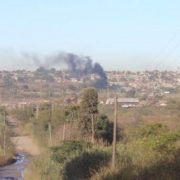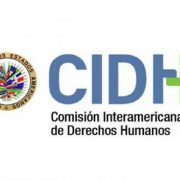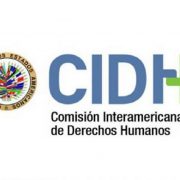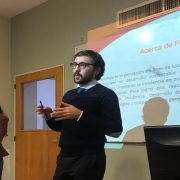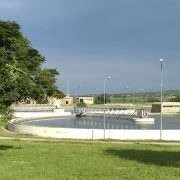Regional thematic hearing of the IACHR in the fulfillment of the DESCA
We will be participating in one of the public hearings convened by the Inter-American Commission on Human Rights (IACHR) to be held on March 17, 18, 20, 21 and 22 in Washington.
In the context of public hearings, the one that summons us is about “Right of access to information relevant to the enforceability of economic, social, cultural and environmental rights”. This was requested from the IACHR in conjunction with organizations in the region, such as Fundación Construir (Bolivia); Institute of Legal and Social Studies of Uruguay (Ielsur, Uruguay); Regional Alliance for Free Expression and Information (Uruguay); ARTICLE 19 (Brazil); Center for Archives and Access to Public Information (CAinfo, Uruguay); Fundar – Analysis and Research Center (Mexico); And Civil Association for Equality and Justice (ACIJ, Argentina).
The hearing we will participate in will expose to the Inter-American System of Human Rights (IACHR) the need to consolidate standards regarding production and access to information that allow progress towards the effective implementation and enforceability of economic, social, cultural and environmental rights DESCA). There are international and regional commitments in this area that show clear obligations with respect to production and access to information, which are necessary in order to advance the enforceability and exercise of these rights. However, in the countries of the region there are serious failures to comply.
Several international agencies have not found necessary information to determine whether DESCAs are respected in the countries of the region. Specifically, they have noted deficiencies related to the collection and systematization of information on the exercise of the rights to education, employment, health and social security of women; Children and adolescents; People with disabilities; Indigenous peoples; Afro-descendants and migrant workers and their families. In this same line, they have stated that it is a state obligation to produce information from which it is possible to validate indicators and, in general, access to many of the guarantees covered by each social right.
Argentina and Cordoba are no exception in this regard. The case of contamination by the Bajo Grande WWTP plant, which affects the Chacras de la Merced community, is a clear example of human rights violations aggravated by the lack of access to information. The State does not provide data on levels of air and soil pollution, nor does it provide information on health effects to the people of the neighborhood, mainly women and children. In this way, the enforceability of the rights of the people affected is hampered.
That is why it is fundamental to strengthen the implementation of standards around the scope of state obligations of production, availability and timely access to information on DESCA. The latter, in addition to being essential for the design, implementation and evaluation of public policies, makes it possible to strengthen the demand strategies of civil society, generating the conditions for many violations of rights to be repaired.
We invite you to follow the live broadcast through the official website of the IACHR.
More information
Contact
Juan Carballo – juanmcarballo@fundeps.org
Débora Fernandez


